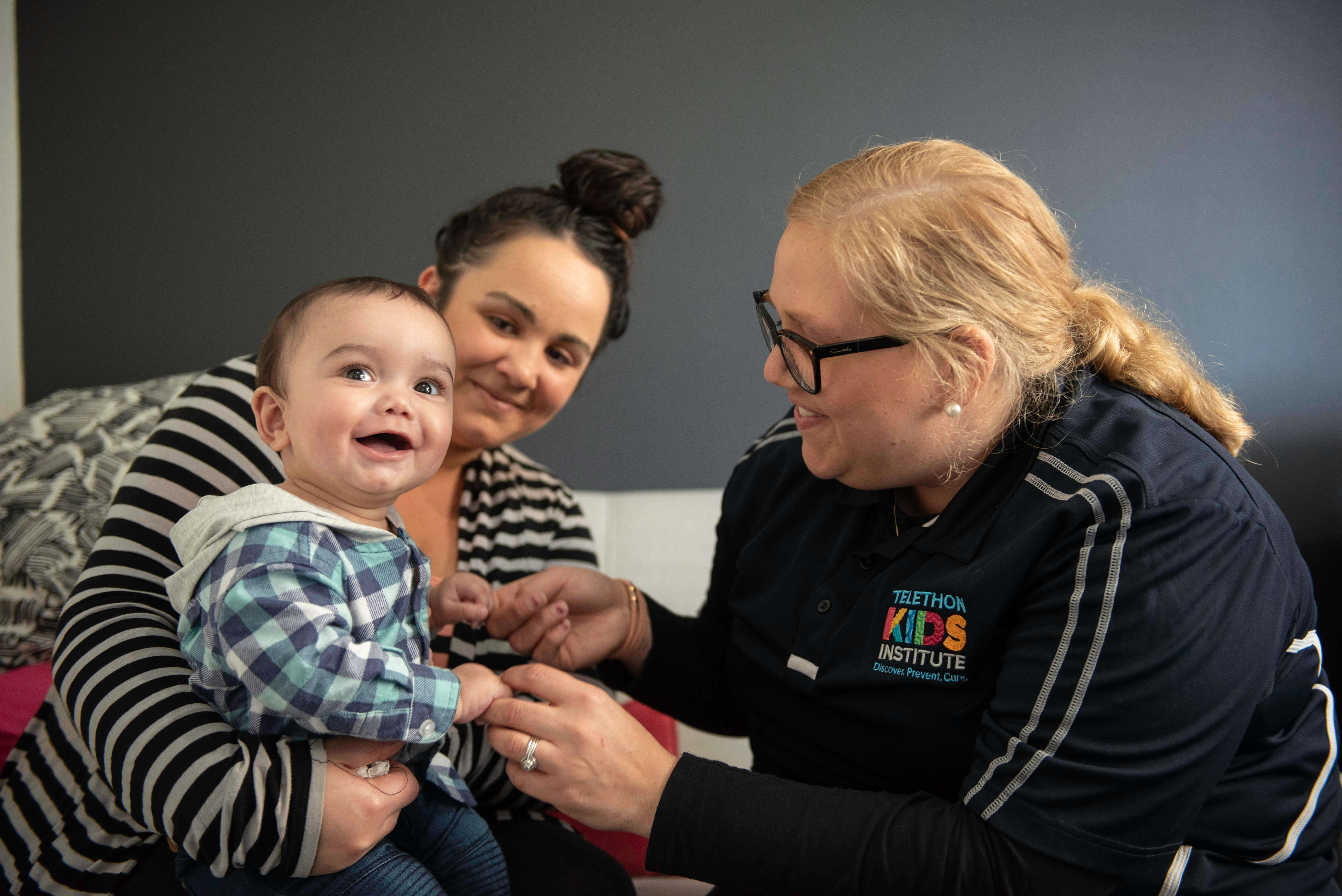Search
The ability for vaccines to protect against infectious diseases varies among individuals, but computational models employed to inform policy typically do not account for this variation. Here we examine this issue: we implement a model of vaccine efficacy developed in the context of SARS-CoV-2 in order to evaluate the general implications of modelling correlates of protection on the individual level.
Group A Streptococcus causes a wide range of diseases from relatively mild infections including pharyngitis to more severe illnesses such as invasive diseases and rheumatic heart disease (RHD). Our aim is to estimate the cost-effectiveness of a hypothetical Strep A vaccine on multiple disease manifestations at the global-level.
Since the emergence of SARS-CoV-2 in 2019 through to mid-2021, much of the Australian population lived in a COVID-19-free environment. This followed the broadly successful implementation of a strong suppression strategy, including international border closures. With the availability of COVID-19 vaccines in early 2021, the national government sought to transition from a state of minimal incidence and strong suppression activities to one of high vaccine coverage and reduced restrictions but with still-manageable transmission.
The impact of pneumococcal conjugate vaccines (PCVs) on pneumonia in children is well-documented but data on 23-valent pneumococcal polysaccharide vaccine (PPV23) are lacking. Between 2001 and 2011, Indigenous children in Western Australia (WA) were recommended to receive PPV23 at 18-24 months of age following 3 doses of 7-valent PCV. We evaluated the incremental effectiveness of PPV23 against pneumonia hospitalisation.
Influenza and COVID-19 infections during pregnancy may have serious adverse consequences for women as well as their infants. However, uptake of influenza and COVID-19 vaccines during pregnancy remains suboptimal. This study aims to assess the effectiveness of a multi-component nudge intervention to improve influenza and COVID-19 vaccine uptake among pregnant women.
Adverse pregnancy outcomes including maternal mortality, stillbirth, preterm birth, intrauterine growth restriction cause millions of deaths each year. More effective interventions are urgently needed. Maternal immunization could be one such intervention protecting the mother and newborn from infection through its pathogen-specific effects.
Vaccination in pregnancy is the best strategy to reduce complications from influenza or pertussis infection in infants who are too young to be protected directly from vaccination. Pregnant women are also at risk of influenza complications preventable through antenatal vaccination. Both vaccines are funded under the National Immunisation Program for pregnant women in Australia, but coverage is not routinely reported nationally.

An international team of researchers has pioneered a technique which gives unprecedented insight into the dramatic changes occurring in a baby’s body in the first week of life.

The major funder of the Wesfarmers Centre of Vaccines and Infectious Diseases based at The Kids Research Institute Australia has been recognised as Australia’s most generous giver.

The eradication of rubella in Australia is evidence of the vital role vaccinations play in protecting our health, researchers at The Kids Research Institute Australia say.
